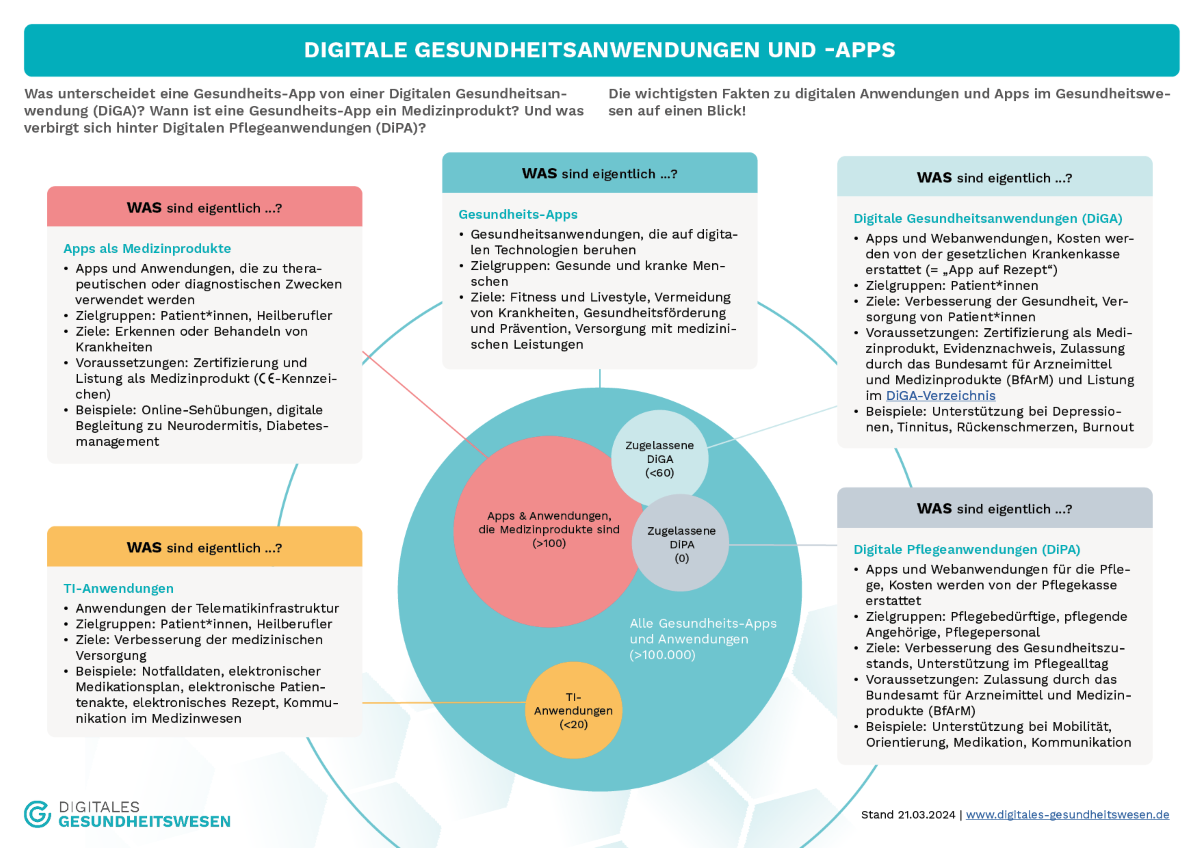CVE-2024-56828 - ChestnutCMS File Upload Handler SSRF Vulnerability
CVE ID : CVE-2024-56828 Published : Jan. 6, 2025, 6:15 p.m. | 1 hour, 44 minutes ago Description : File Upload vulnerability in ChestnutCMS through 1.5.0. Based on the code analysis, it was determined that the /api/member/avatar API endpoint receives a base64 string as input. This string is then passed to the memberService.uploadAvatarByBase64 method for processing. Within the service, the base64-encoded image is parsed. For example, given a string like: data:image/html;base64,PGh0bWw+PGltZyBzcmM9eCBvbmVycm9yPWFsZXJ0KDEpPjwvaHRtbD4= the content after the comma is extracted and decoded using Base64.getDecoder().decode(). The substring from the 11th character up to the first occurrence of a semicolon (;) is assigned to the suffix variable (representing the file extension). The decoded content is then written to a file. However, the file extension is not validated, and since this functionality is exposed to the frontend, it poses significant security risks. Severity: 0.0 | NA Visit the link for more details, such as CVSS details, affected products, timeline, and more...

Published : Jan. 6, 2025, 6:15 p.m. | 1 hour, 44 minutes ago
Description : File Upload vulnerability in ChestnutCMS through 1.5.0. Based on the code analysis, it was determined that the /api/member/avatar API endpoint receives a base64 string as input. This string is then passed to the memberService.uploadAvatarByBase64 method for processing. Within the service, the base64-encoded image is parsed. For example, given a string like: data:image/html;base64,PGh0bWw+PGltZyBzcmM9eCBvbmVycm9yPWFsZXJ0KDEpPjwvaHRtbD4= the content after the comma is extracted and decoded using Base64.getDecoder().decode(). The substring from the 11th character up to the first occurrence of a semicolon (;) is assigned to the suffix variable (representing the file extension). The decoded content is then written to a file. However, the file extension is not validated, and since this functionality is exposed to the frontend, it poses significant security risks.
Severity: 0.0 | NA
Visit the link for more details, such as CVSS details, affected products, timeline, and more...













































































